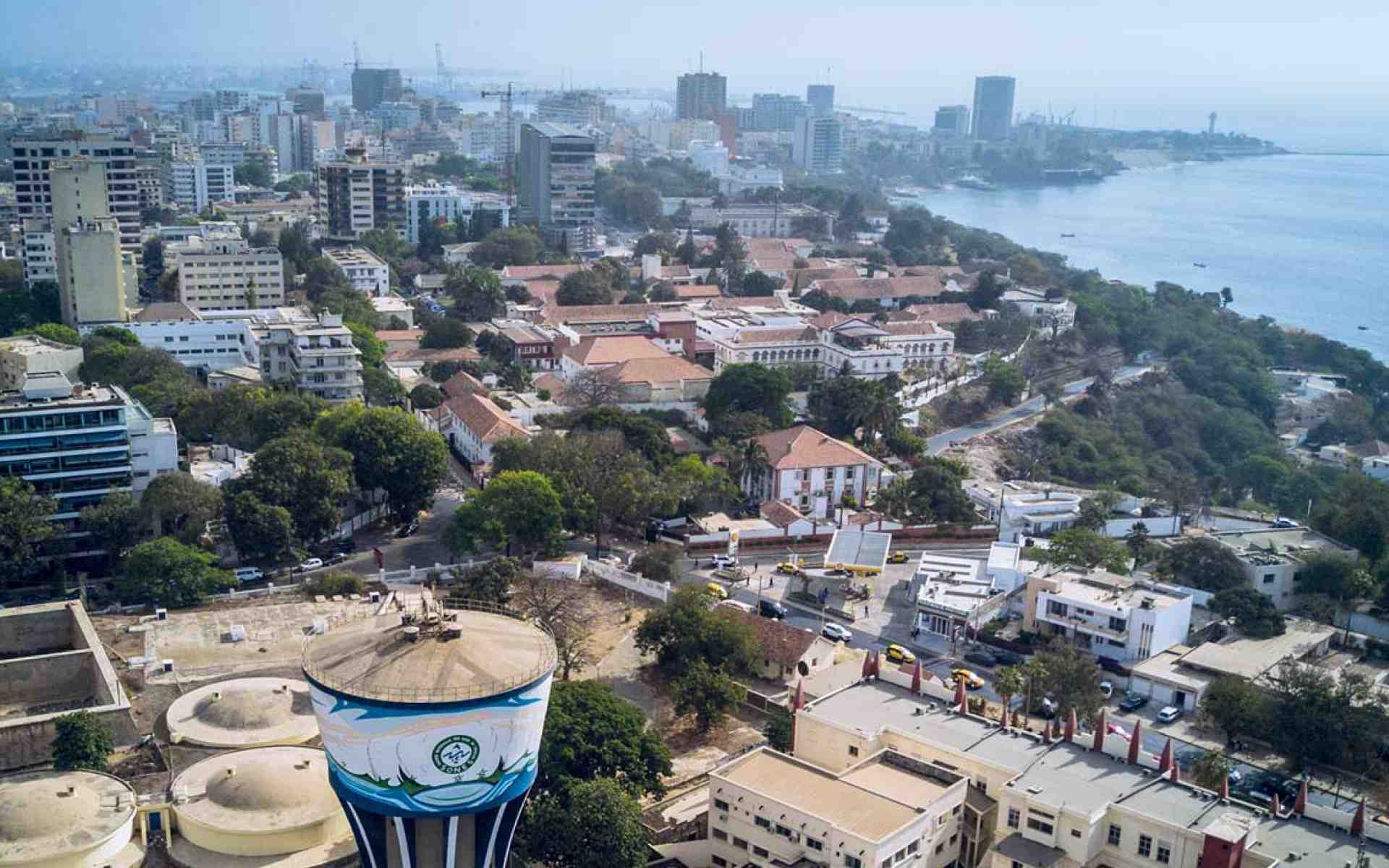
Senegal’s economy is poised for a significant upswing in 2025, with growth expected to reach 8%, driven largely by the country’s burgeoning hydrocarbon sector, according to the Ministry of Economy, Planning and Cooperation.
The 2024-2025 Economic and Financial Report projects a sharp acceleration from 6.1% growth in 2024 and 4.3% in 2023. This surge is attributed primarily to the full-scale exploitation of oil and gas resources, which began producing last June.
In 2024, hydrocarbon production hit 16.9 million barrels, a figure forecast to nearly double to 30.5 million barrels next year, contributing an estimated 3.8 percentage points to the national growth rate.
The secondary sector is expected to continue this momentum, having already recorded an impressive 18.7% growth in 2024.
Meanwhile, the tertiary sector maintained steady, moderate growth of 3.5%.
The primary sector, however, suffered a 3.0% contraction in 2024, impacted by floods and droughts, but an agricultural rebound is anticipated with a projected 7.2% growth in 2025.
On the inflation front, Senegal saw a marked slowdown to 0.8% in 2024 from 5.9% the previous year, helped by a 1.1% drop in local product prices. Inflation is expected to stay modest at around 1.0% in 2025.
Despite this robust growth, public finances remain under strain. The budget deficit soared to 13.4% of GDP in 2024, with projections indicating an improvement to 7.8% next year.
Public debt remains elevated at 118.3% of GDP in 2024, with a slight decrease expected to 117.5% in 2025. The current account deficit is forecast to narrow substantially, from 12.5% to 6.5%, buoyed by a 19% rise in exports, particularly hydrocarbons and gold.
The government report flags significant vulnerabilities including geopolitical instability, oil price volatility, climate challenges, and domestic social tensions.
“An exogenous shock could reduce growth by up to six percentage points,” the authors caution.
Economic leaders urge cautious management of the new hydrocarbon revenues paired with deep structural reforms to sustain long-term growth and stability in Senegal’s evolving economy.



